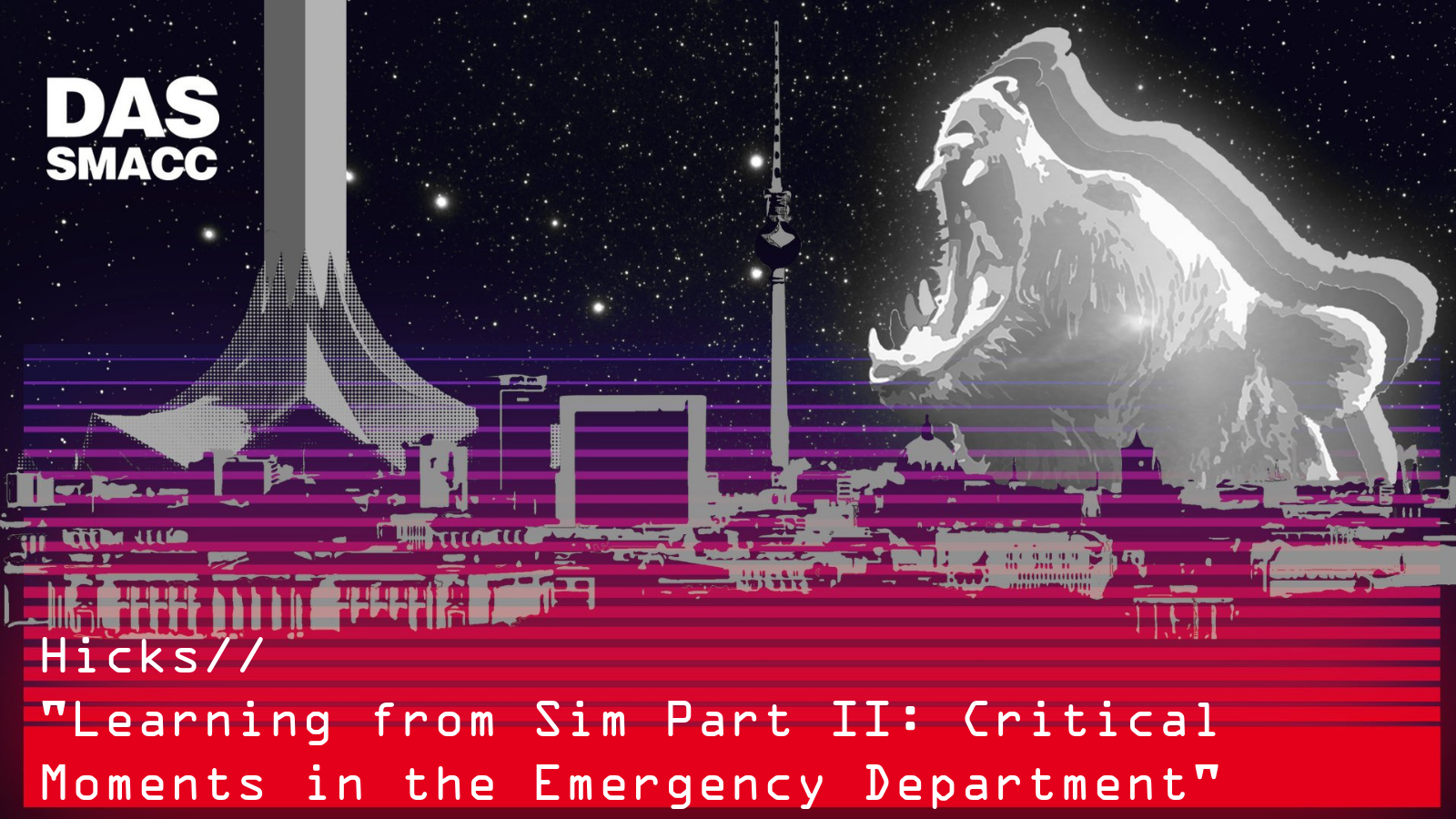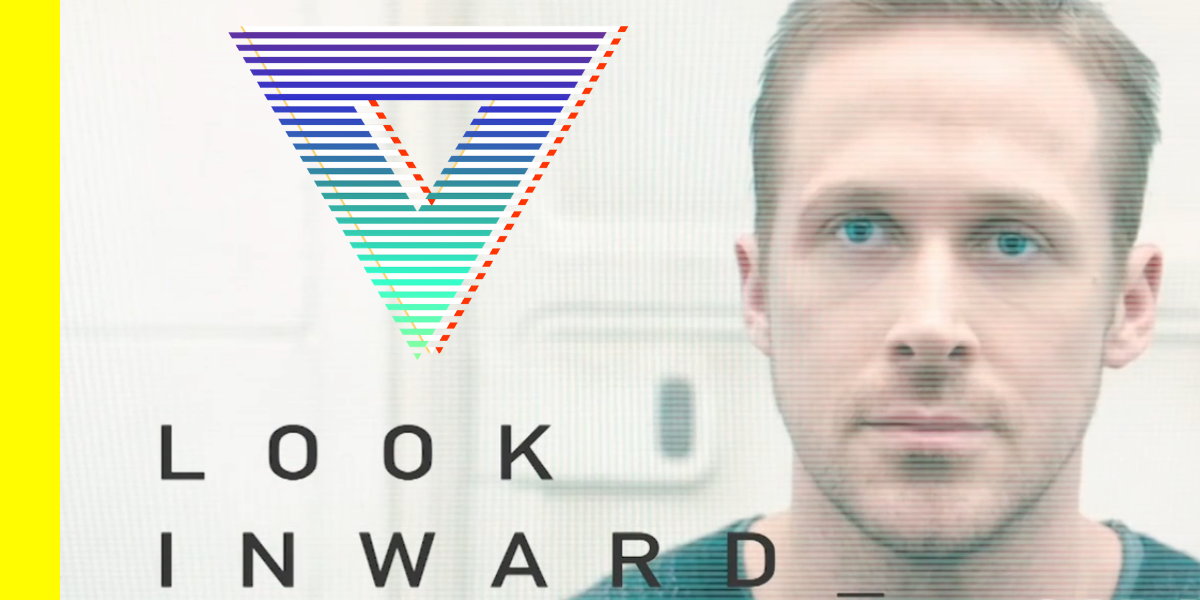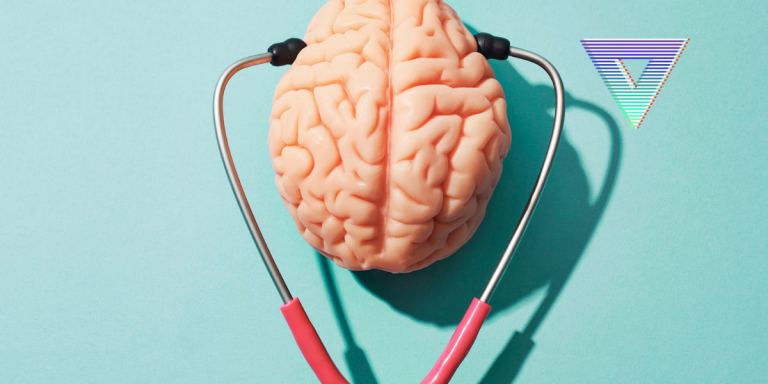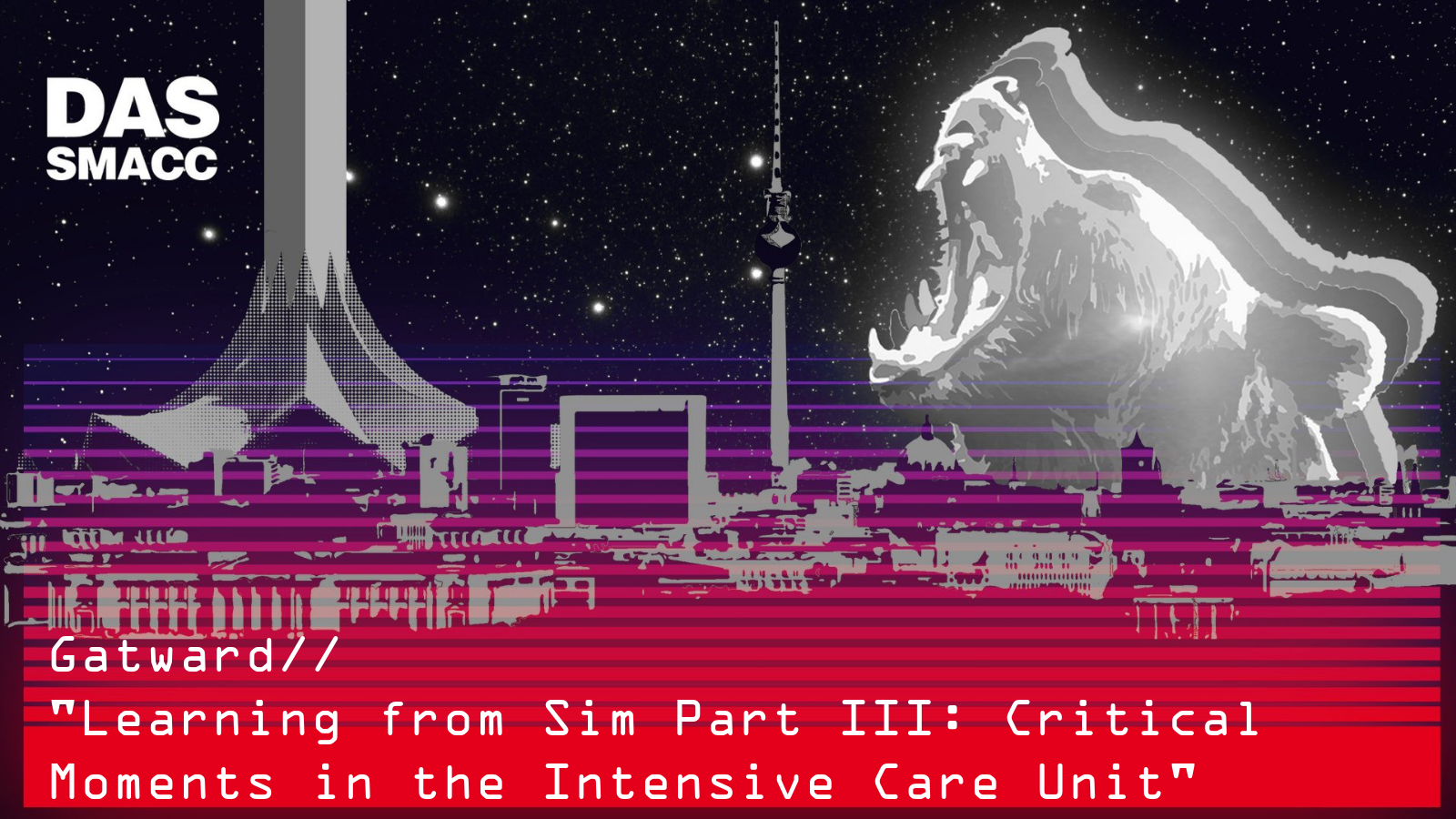Medical simulation can teach skills to manage challenging emotions by Chris Hicks
Emotion has a profound effect on decision-making. Chris Hicks demonstrates this as he discusses medical simulation and its ability to teach us skills to manage challenging emotions.
As scientists and rational beings, we like to believe that we can make good decisions regardless of the context. The reality is however, that is far from the truth.
We rarely take the opportunity to deliberately examine how emotional valence can influence the choices we make. This includes how we sort and process information as clinicians.
Simulation-based training often provokes strong emotions, both positive and negative, whether we intend it to or not.
Simulation may be an ideal tool for eliciting challenging emotions – anger, fear, anxiety, joy, prejudice – and developing skills to manage them in real time.
Chris highlights a number of strategies to make this process more effective and he recommends starting with developing a fiction contract. This creates by in and ensures psychological safety for all participants and actors are used in a range of ways in simulation, dependent on the goal.
When exploring emotion, Chris demonstrates the benefits of a nuanced character using a technique called immersive experimental role play. This creates an environment in which emotions can be really felt and explored.
It plays to the idea that the goal of simulation should be to promote the transfer of knowledge to real clinical environments. The use of simulation affords the clinician and opportunity to experience how a rational mind often cannot over emotion.
Healthcare is an emotive game. It involves high stakes scenarios under extreme emotional pressure.
Recognise that emotion can be used as a heuristic way to make judgements, which is not helpful. Using exercises to provoke emotions better prepares the clinician to make better decision.
For more like this, head to our podcast page. #CodaPodcast
Chris Hicks
Christopher Hicks is an emergency physician and trauma team leader at St. Michael’s Hospital in Toronto, and Assistant Professor and Clinician-Educator in the Department of Medicine at the University of Toronto. He is an education research scientist at the Li Ka Shing Knowledge institute, and appointee to the International Centre for Surgical Safety, with a program of research that focuses on simulation-based psychological skills training, human factors and clinical logistics. He has innovated in several areas of resuscitation and psychological skills, including mental practice, stress inoculation training and the trauma black box program. In 2018, Chris co-created and chaired resusTO, an inter-professional simulation-based resuscitation conference in Toronto with international acclaim. In 2020, he co-founded Advanced Performance Healthcare Design, consulting with hospitals and industry using simulation to inform the design of systems, spaces and teams. Chris is an avid speaker and lecturer, staunch #FOAMed supporter, occasional runner and cyclist, fledgling boxer, semi-retired pianist, and proud father of three lunatic boys.





